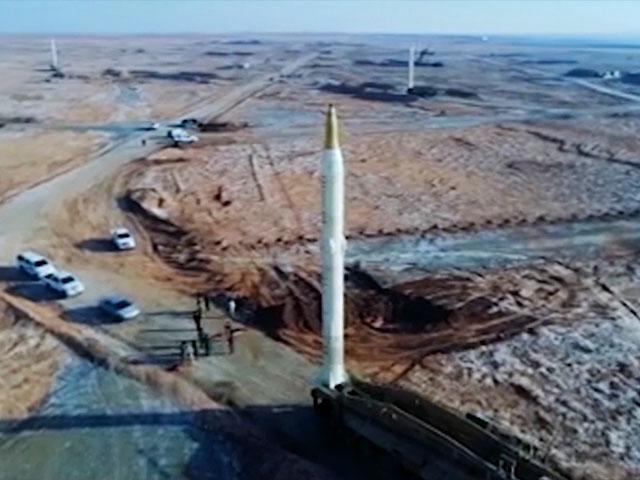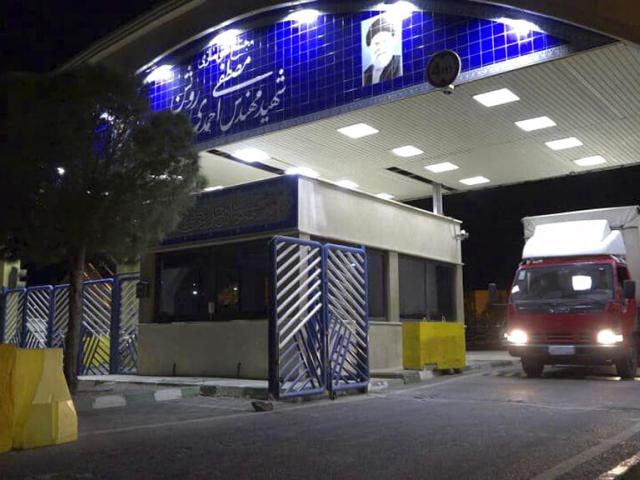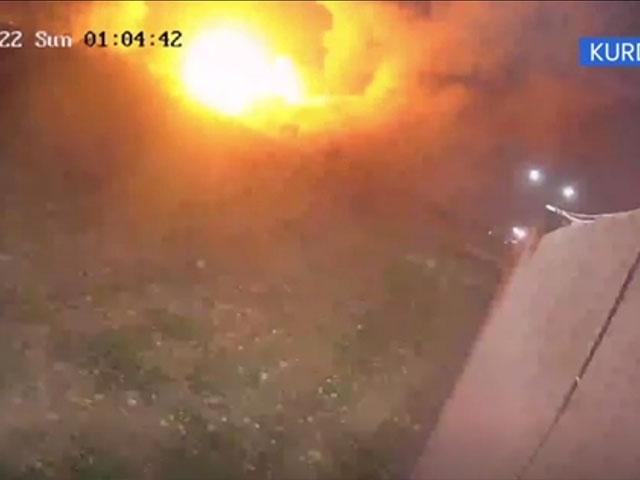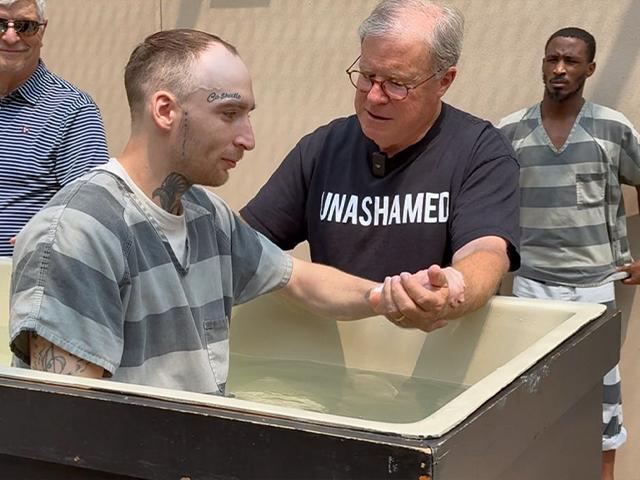JERUSALEM, Israel – Israeli leaders are concerned the US may be planning to remove Iran’s Islamic Revolutionary Guard Corps (IRGC) from its terrorist blacklist as part of a deal to revive the 2015 Iranian nuclear deal.
On Sunday, Prime Minister Naftali Bennett called the IRGC the “largest and most murderous terrorist organization in the world,” and warned that delisting the IRGC is “too high a price” to save the nuclear accord.
“This is not just an Israeli problem. Other countries – allies of the United States in the region – face this organization day in and day out. In recent years, they have fired missiles at peaceful countries and launched UAVs at Israel and other countries. Even now, the IRGC terrorist organization is trying to murder certain Israelis and Americans around the world,” said Bennett.
He added, “Unfortunately, there is still determination to sign the nuclear deal with Iran at almost any cost – including saying that the world's largest terrorist organization is not a terrorist organization.
Axios reported on Wednesday that the Biden administration is considering removing the IRGC from its terror blacklist in exchange for a public commitment from Tehran to de-escalate in the region. US leaders have signaled that an agreement to return to the 2015 nuclear accord is nearly complete, but Iran’s demand that the IRGC be removed from the terror list is a major obstacle.
Negotiators in Vienna have spent months trying to restore the Iranian nuclear deal, which was designed to stop Iran from obtaining a nuclear bomb. The accord, signed between Germany, China, Britain, France, Iran, Russia and the United States, lifted most international sanctions on Tehran in exchange for restrictions on its nuclear program.
The deal collapsed in 2018 when former President Donald Trump withdrew from it, arguing that it was weak and poorly negotiated. Following the US withdrawal, Iran also abandoned the deal and has been increasingly violating the accord’s restrictions on uranium enrichment.
The Biden administration has made reviving the deal a key priority, arguing that any threat Iran currently poses is exponentially more serious if it obtains a nuclear weapon.
***Please sign up for CBN Newsletters and download the CBN News app to ensure you keep receiving the latest news from a distinctly Christian perspective.***
The administration has not publicly confirmed or denied reports about delisting the IRGC, but a State Department spokesman told Axios, "We are prepared to make difficult decisions to return Iran's nuclear program to JCPOA limits,” he said, using the official acronym for the accord.
“An unrestricted Iranian nuclear program has led to an escalating nuclear crisis and to greatly increased threats to US citizens, interests, and partners in the region,” he added.
"The United States and Israel share a common interest: seeing to it that Iran never acquires a nuclear weapon. We’ve been clear that a mutual return to full implementation of the JCPOA is the best diplomatic path forward and the best way to achieve this objective," the statement concluded.
Critics argue the original deal gave Iran a path to a nuclear weapon by removing various restrictions under so-called “sunset clauses,” which were to be gradually lifted.
One of those critics, former State Department official Gabriel Noronha, says current State Department officials have provided him details about the emerging agreement to restore the nuclear accord.
Noronha told CBN News, “My former colleagues that I worked with that were so distressed by what they were seeing that they asked me to go public with the details. Because they said the Congress had not been informed and the American public had not been informed and they were just so worried by the concessions that were being made by the negotiating teams that they felt they needed to say something about it.”
While it is yet to be seen if or when Washington will revive the 2015 nuclear accord, State Department spokesman Ned Price told reporters last week,“We are close to a possible deal, but we’re not there yet.”
Did you know?
God is everywhere—even in the news. That’s why we view every news story through the lens of faith. We are committed to delivering quality independent Christian journalism you can trust. But it takes a lot of hard work, time, and money to do what we do. Help us continue to be a voice for truth in the media by supporting CBN News for as little as $1.










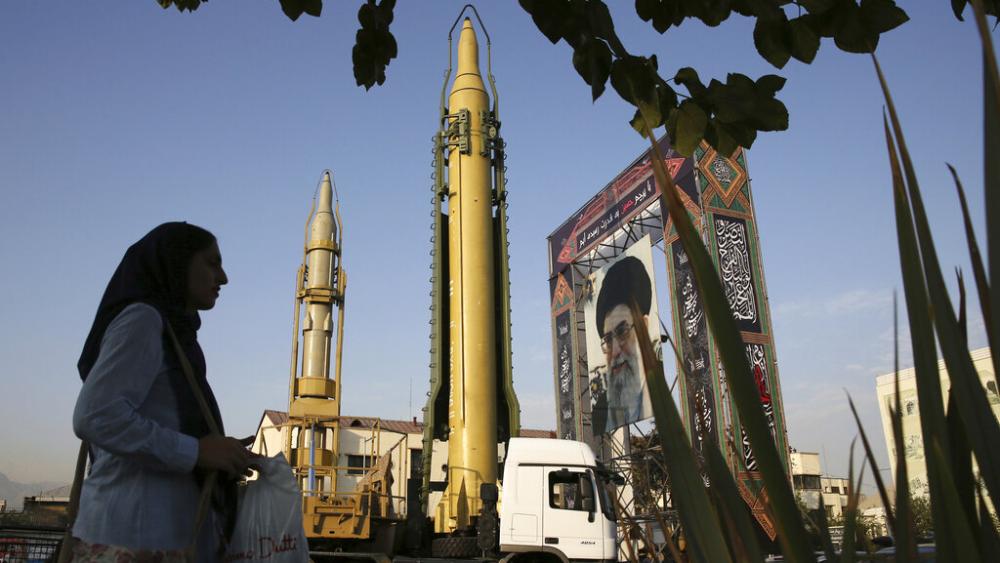

 Support CBN News
Support CBN News



